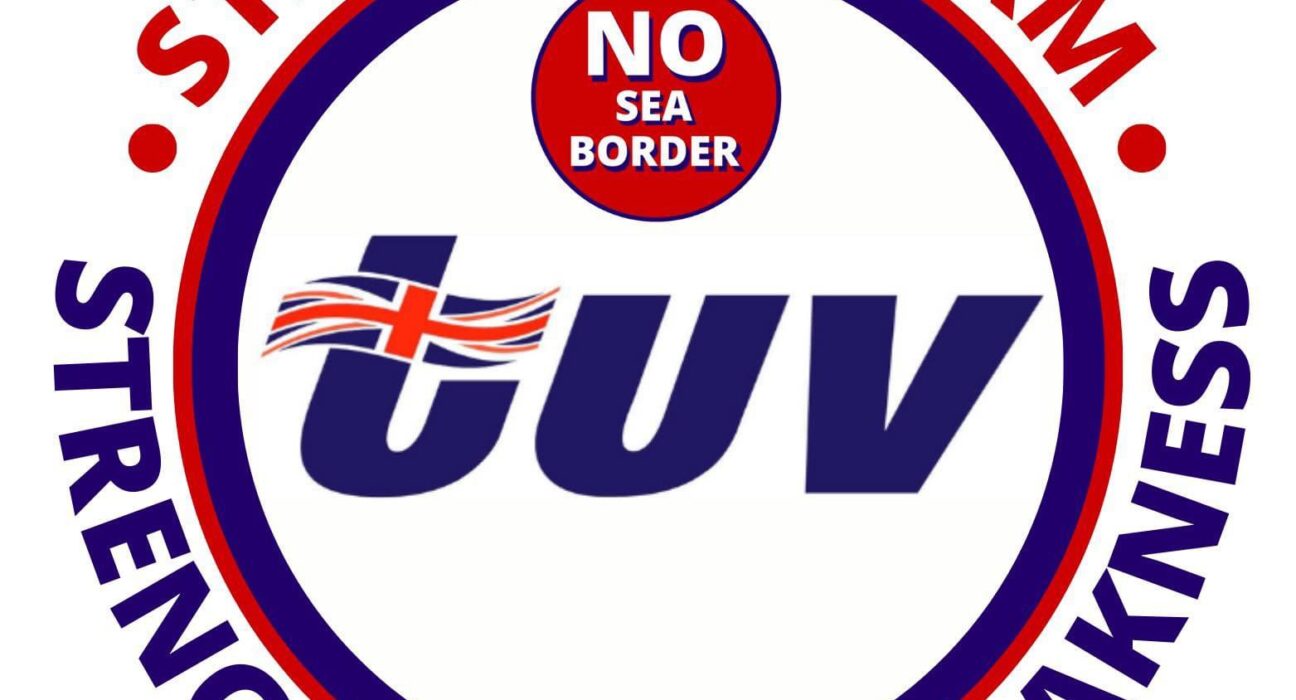Commenting on the latest data from the Office for National Statistics TUV leader Jim Allister KC MP said:
“The statistics published by the Office for National Statistics today are damning. They confirm that the Protocol, rebranded as the Windsor Framework, is driving down trade from Great Britain into Northern Ireland.
“The figures speak for themselves. In 2020, before the imposition of the Protocol, 20.1% of GB manufacturing firms sold to Northern Ireland. Now that figure has collapsed to just 12.9%. In the retail and wholesale sector, the drop is just as stark—from 17.5% down to 12.4%. And across all business sizes and sectors, the share of GB firms trading with NI has fallen by around a third.
“Behind those numbers are real consequences: fewer choices for consumers in Northern Ireland, higher costs for local businesses, and Northern Ireland’s economy being nudged ever closer to the orbit of the Republic of Ireland. That is not accidental — it is the direct consequence of the framework.
“The figures also reveal something else: businesses are not just ceasing trade with Northern Ireland; even those who continue are scaling back. For example, in the retail sector, 14.2% of GB firms report declining sales to Northern Ireland, with only a tiny 1.5% seeing an increase. And 11.4% have stopped trading with Northern Ireland altogether.
“Small and medium-sized enterprises — the backbone of the UK economy — are being disproportionately hit. The extra bureaucracy, costs, and delays caused by the Irish Sea border are discouraging trade.
“When asked directly, GB and NI firms identified the Protocol/Windsor Framework as a major challenge to intra-UK trade. In manufacturing, 24.1% of businesses reported it as a problem. Across all sectors, almost one in every nine businesses pointed to the Framework as a barrier to doing business within their own country.
“So much for the promise of unfettered access.
“This new data from the UK’s own official statistics body corroborates previous findings from NISRA, which showed that while NI imports from GB rose 24% between 2020 and 2023, imports from the Republic of Ireland soared by 51%. That speaks to nothing less than a fundamental reorientation of Northern Ireland’s trade, away from our most important market and towards Dublin.“

